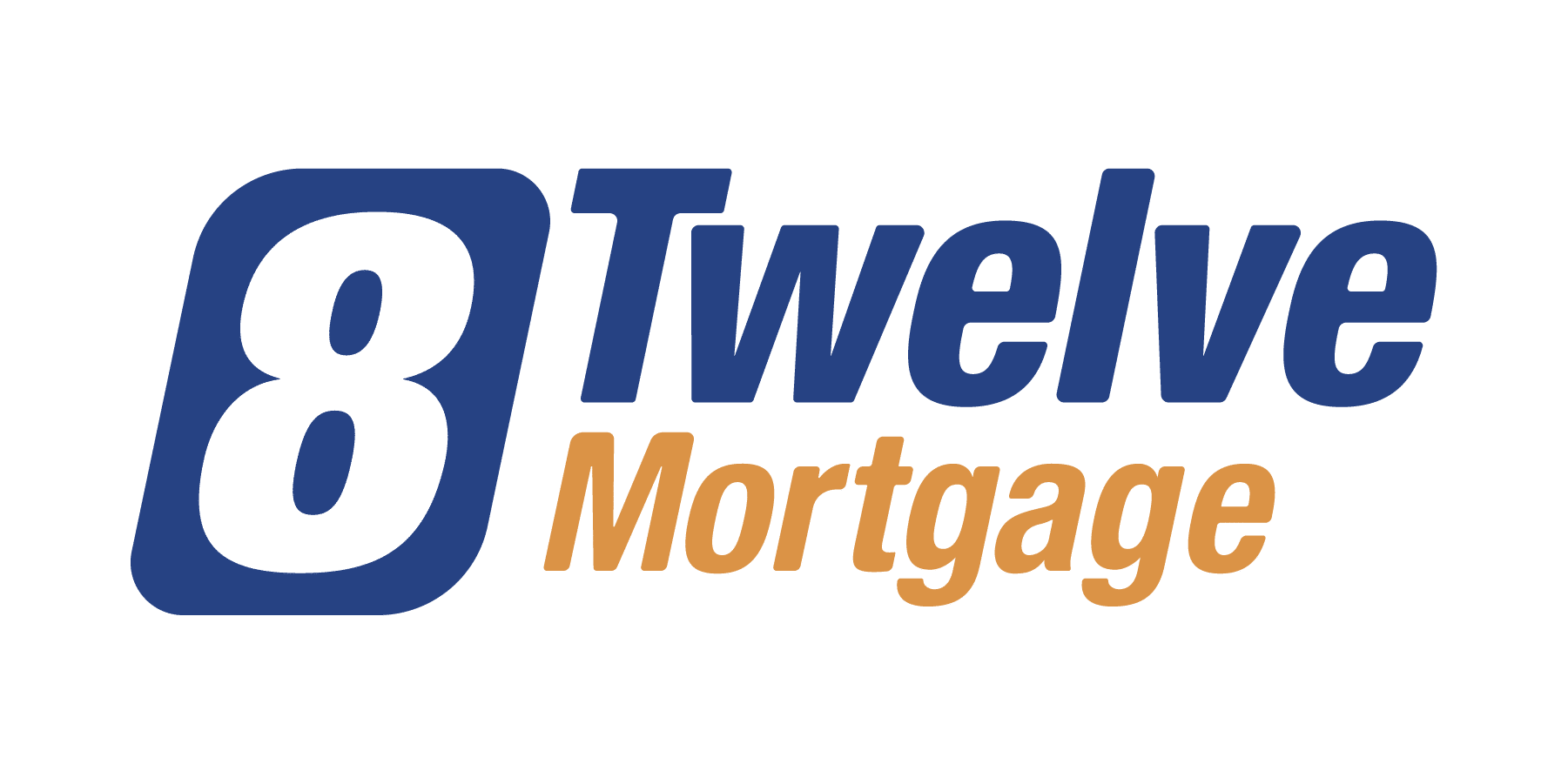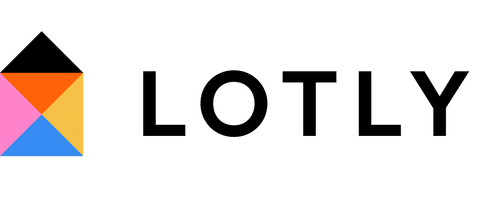Compare Lenders
Discover Popular Financial Services
What is a Residential Mortgage and How Does it Work?
There are two main types of properties: residential properties and commercial properties. Residential properties are properties primarily located in residential areas, as opposed to commercial or industrial areas. Whether a property is residential or commercial mainly comes down to how the neighbourhood is zoned and your use of the property. For example, a house in a residential neighbourhood is generally considered residential, whereas a business in a commercial area would generally be considered a commercial property.
A residential mortgage is a mortgage obtained to purchase a residential properly. Examples of common residential property types include condos, townhouses and houses. Both owner occupied and non-owner occupied (rental properties) may be considered residential properties.
The property type you’re buying as well as the location will generally dictate the mortgage options you’ll have available. For instance, if you’re buying a condo under 500 square feet, you’ll generally have fewer mortgage lending options than a detached house. Likewise, if you’re buying in a small town in Northern Ontario or B.C., you’ll generally have fewer lending options than if you’re buying a property in the Greater Toronto or Vancouver Areas.
When it comes to residential mortgages, there are many options to choose from. You’ll need to decide whether you want a fixed or variable rate mortgage. If you’re someone who’s risk adverse, you might go with a fixed rate mortgage. However, if you’re someone who doesn’t mind a little interest rate uncertainly in exchange for a lower interest rate right now, variable rate might make sense.
Another decision you’ll need to make is the length of your mortgage term. Many Canadians go with a 5 year mortgage term. While there’s nothing wrong with that, it’s important to recognize that there are other mortgage terms out there. Mortgage terms typically range from 6 months to 10 years. You’ll want to look at a lender’s offering under each term length to figure out the one that makes the most sense for you.
Many of us want the lowest mortgage rate. While the lowest mortgage rate helps, it’s equally important to consider other factors, such as prepayments, penalties and portability. If you end up breaking or restructuring your mortgage later on, you’ll be glad you did your homework on these factors, so you aren’t blindsided by them.
You will also need to have a downpayment in order to get a residential mortgage. The size of the downpayment will vary from lender to lender. Here is a good resource from the government of Canada that will help you understand the downpayment aspect of the mortgage.
Why You Might Choose a Residential Mortgage
You’ll generally have more mortgage options with a residential mortgage versus a commercial mortgage. It all comes down to demand and supply. Since more lenders offer residential mortgages, the mortgage rates tend to be more competitive as well.
As mentioned earlier, generally you won’t have a choice between a residential or commercial mortgage. The mortgage you’ll go with will be based on your property type. That being said, if you’re mulling over buying a residential or commercial property, understanding the differences between the two can help you decide the property type that’s right for you.
Another type of residential mortgage is a reverse mortgage, but its for existing homeowners who with to unlock the equity in their home and eliminate monthly mortgage payments.

Explore more
Why Choose Smarter Loans?

Access to Over 50 Lenders in One Place

Transparency in Rates & Terms

100% Free to Use

Apply Once & Get Multiple Offers

Save Time & Money

Expert Tips and Advice

















